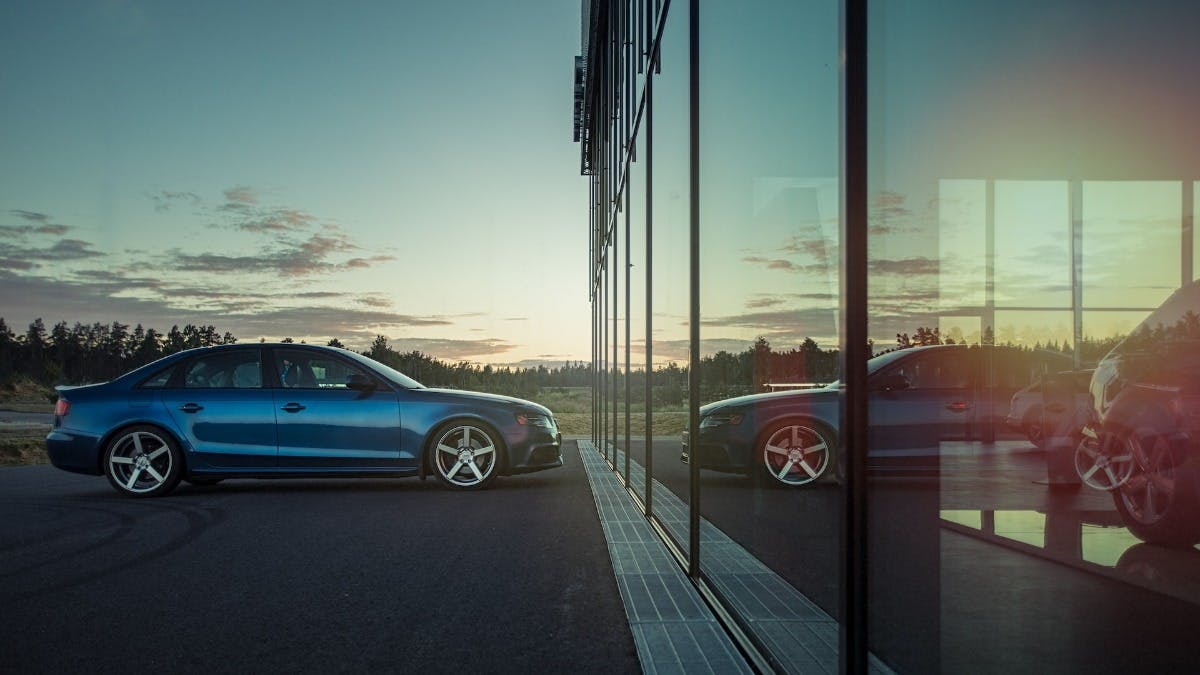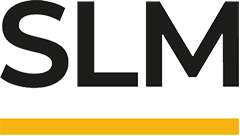Part-exchanging your car: what you need to know

Part exchanging your car takes the headache out of buying a new vehicle. Not only can it act as a deposit on your next car, but it also alleviates the pressure of figuring out what to do with your old one.
But what is part-exchange, when can you do it, and how do you know that you’re getting a competitive offer?
In this article, we’ll offer part exchange advice, the benefits of part ex over private selling, and more. Read on to learn more!
-
What does part-exchanging your car mean?
Put simply, part-exchanging (P/X) means to trade in your current car to offset some of the cost of a new one.
You and the dealer will agree upon a price for the dealership to purchase your current car. Instead of cash, though, the value will come off your new vehicle purchase, acting as a deposit and bringing down the monthly payments if buying through finance (or reducing the cash price if buying outright).
The P/X value of your car will depend on factors like its condition, mileage, and age.
After you and the dealer have agreed on the trade-in price, this value is used as part payment. From here, you can pay off the remaining amount outright or take out a finance agreement on the outstanding balance.
-
Part-exchanging vs Selling
The major benefit of part-exchanging your car instead of selling it privately is simply that it’s much less hassle. When you sell it privately, you have to deal with timewasters, people trying to haggle, and costly advertising fees.
When you part ex, the process is much simpler.
If you’re working with an experienced dealer, they carry out a thorough inspection beforehand. This not only helps them value your vehicle, but it reassures you they won’t come back days later with complaints or demanding a refund.
You also don’t have to worry about what happens to your old car after you slide into the seat of your new one. You’ll simply drive to the dealership in your old car and drive away in your new one.
-
What happens your car after you’d part exchanged it?
It’s perfectly normal to wonder what happens to your car after you trade it in for another!
Depending on the age and condition of your car, the dealer will usually do one of three things:
-
Put it up for sale with the rest of their stock on the forecourt. Then, someone may do exactly what you’ve just done – visit the dealership and purchase their new (to them!) car.
-
If the condition is poor or the mileage is quite high, the dealer may use it as a donor car for parts, or simply send your old car straight to auction. It’s a quick way for them to sell the vehicle.
-
If your car was in really poor condition, it may be that the vehicle is scrapped. You’ll know if this is the case as your P/X value will be very low.
-
-
Can you part-exchange a car still on finance?
You can – but you need to check a few things first.
Initially, you’ll need to re-read your current finance agreement to see what the terms of early repayment are. Often, you’ll need to ask your lender for a settlement figure – the amount you need to pay to take full ownership of the car and settle the existing agreement.
Once you’ve got that settlement figure from your lender, now you need to get a part exchange quote from your dealer. Ideally, you want these numbers to match. If it’s under, it’s vital that you bear in mind you’ll need top it up with your own cash.
If you decide to accept the offer, then the dealer will settle the finance agreement with your current lender.
-
How is your car valued?
The dealer will value your car based on several factors, including:
-
Age
-
Mileage
-
Body work condition
-
Previous write-offs
-
Make
-
Model
-
Colour
-
Service history
-
Any modifications
-
-
How do you know if an offer is competitive?
You may need to be prepared with some research and be realistic about the condition of your car. As we’ve already discussed, things like mileage, age, and body work condition will all factor into the price you’re offered.
Naturally, the cost of a part-exchange will be lower than that of a private sale. It’s the price you pay for the convenience of P/X over the hassle of private selling.
Still, knowing what the going private sale rate is for a vehicle in similar condition to yours is a good place to start.
The best piece of advice we can give you is to be honest with yourself about the condition of your car.
-
Ready to Part-Ex?
Now you know what part-exchange is, the benefits of choosing P/X over private selling, and how your car is valued, all that’s left to decide is if you’re going to go ahead.
At SLM, we can help.
Pop into branch or contact us today to learn more.
Or enter your number plate if you want to know how much we value your vehicle.


